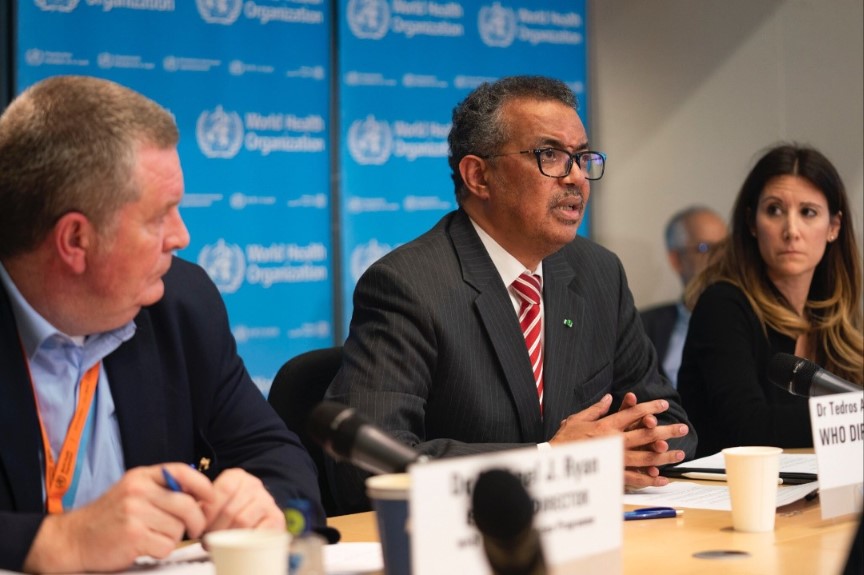KUALA LUMPUR, Nov 25 — The World Health Organization (WHO) has urged higher income countries to share coronavirus vaccines with poorer nations before inoculating children who are at lower risk for severe Covid-19 than older adults.
WHO pointed out that children and younger adolescents aged five to 14 years only accounted for 7 per cent of reported global Covid-19 cases and 0.1 per cent of reported deaths, based on infections and fatalities reported to the global health body from December 30, 2019 to October 25 this year.
Older adolescents and young adults aged 15 to 24 years only represented 15 per cent of reported global Covid-19 cases and 0.4 per cent of reported deaths.
Deaths for all ages below 25 years represented less than 0.5 per cent of reported global fatalities from Covid-19.
“Countries with few or no vaccine supply constraints should consider the issues of global equity when making policy decisions about vaccinating children and adolescents. Any guidance on vaccine use prioritisation, including booster dose policy, cannot ignore the current, ongoing profound inequities in global vaccine access,” WHO said in a statement yesterday.
“While higher-income countries expand their vaccination programmes to adolescents, children, and, in some countries, booster doses to a large proportion of their populations, many lower-income countries still lack sufficient vaccine supply to offer a primary vaccination series to their highest priority-use groups, including older adults and health care workers who comprise only a small proportion of their populations.”
WHO has set Covid-19 vaccination targets of inoculating 40 per cent of every country’s population by the end of the year, and 70 per cent by mid-2022. To date, these targets have not yet been achieved.
The United Nations body pointed out that children and adolescents are less likely than adults to experience severe Covid-19. While minors can experience long Covid, WHO noted that the frequency and characteristics of post-Covid conditions are still under investigation.
WHO also noted that paediatric inflammatory multisystem syndrome temporally associated with SARS-CoV-2 (PIMS-TS) in Europe and multisystem inflammatory syndrome in children (MIS-C) in the United States, although rare, has been reported to occur worldwide and complicate recovery from Covid-19.
“Although benefit-risk assessments clearly underpin the benefit of vaccinating all age groups, including children and adolescents, the direct health benefit of vaccinating children and adolescents is lower compared with vaccinating older adults due to the lower incidence of severe Covid-19 and deaths in younger persons,” said WHO.
Regulators in the United States, Canada, the European Union, and Malaysia have approved use of the Pfizer-BioNTech vaccine for use in adolescents aged 12 years and older.
China has also authorised its Sinovac coronavirus vaccine for children and teens aged three to 17. Chile has approved Sinovac for use in children from age six.
The US’ Food and Drug Administration approved last month Pfizer’s jab for children aged five to 11 years, while the European Medicines Agency is currently evaluating the Pfizer vaccine for that age group.
“As a matter of global equity, as long as many parts of the world are facing extreme vaccine shortages, countries that have achieved high vaccine coverage in their high-risk populations should prioritise global sharing of Covid-19 vaccines through the COVAX facility before proceeding to vaccination of children and adolescents who are at low risk for severe disease,” said WHO.








